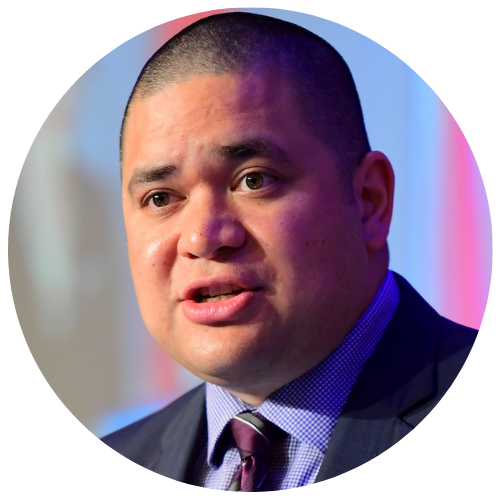Share
Reinventing the Status Quo for Health Care in Indigenous Communities
Back to MessengerBy Dr. Alika Lafontaine, BSc, MD, FRCPC
Read time: 3 minutes
Regulatory colleges across Canada are actively exploring the role of racialization in magnifying disparities between racialized and non-racialized demographics. Understanding the root causes of disparities has always been part of creating high-quality systems for patients and healthcare providers. As patients and providers share their personal and professional experiences of racialization, it is crucial to understand how this sharing can accelerate truth, reconciliation and positive change for racialized individuals within our regulatory system.
In 2013, I was invited by Ted Quewezance, a past Chief of Keeseekoose First Nation, to participate in a working group to resolve local health issues faced by his home community and surrounding First Nations. Ted worked with my dad for several years and wanted insight into the workings of local healthcare systems. As we gathered together at an early meeting, Ted shared an insight I still reflect on today: “Our stories are so out of norm and removed from others’ experiences that those others have a hard time believing these things could happen,” he told those gathered.
"Some of you may believe these experiences are extremes or exceptions. This is our status quo. For those of us that live this daily, the status quo is no longer an option for us, our children or our communities."
- Ted Quewezance
Ted described the pain and suffering endured by his community and neighbouring First Nations. Crises of substance abuse and violence often led to death rates where funerals would sometimes blend together, a casket entering the front of a community centre as another would exit through the back. Resources to support those recovering from addiction were non-existent at the time. He described a pattern of differential treatment of Indigenous patients, lethal misdiagnoses and ongoing anti-Indigenous hostility.
As our relationship strengthened, Ted confided in me his belief that a local physician who had practised in the community for decades was a major contributor to the crisis because of their treatment choices. The community had approached this doctor at different times, asking for a change to their prescribing patterns. After being dismissed repeatedly, community members escalated the issue to those they considered decision-makers. Despite the objectively worse outcomes of Indigenous patients, Ted told me no one would seriously investigate these concerns locally. This weighed heavily on him as he worked towards establishing a regional treatment centre.
We spent a lot of time developing relationships with decision-makers and other physicians who worked in addictions. Informally, we compared expected norms against an increasingly abnormal pattern of care for Indigenous patients. While not every negative experience was rooted in anti-Indigenous racialization, Indigenous patients’ negative experiences contributed directly towards worse outcomes.
The physician eventually retired, celebrated by the local hospital and medical community. A year later, the College of Physicians and Surgeons of Saskatchewan announced that complaints had been filed against this physician relating to inappropriate prescribing of opioids and benzodiazepines. The physician agreed to give up their licence and never practise medicine again in exchange for not admitting guilt and undergoing an investigation.
In Ted’s situation, the truth didn’t change—the consideration of the truth changed. Understanding racialized care and its impacts requires us to step back and consider that the experiences we initially feel are too abnormal to be true, may actually be true. This openness to question the status quo—through thoughtful data collection, developing relationships and open communication—can have the same meaningful impacts that quality improvement and patient-centred care have had in enriching patient outcomes.
 |
Dr. Alika Lafontaine is an award-winning physician, past-President of the Indigenous Physicians Association of Canada and the first Indigenous physician listed by the Medical Post as one of Canada’s 50 Most Powerful Doctors. He currently serves as President-Elect of the Canadian Medical Association, the first Indigenous and Pacific Islander physician to hold this position in the association’s 154 year history. |





















Comments for this post are now closed. If you would like to share your feedback on this topic, please email support@cpsa.ca.